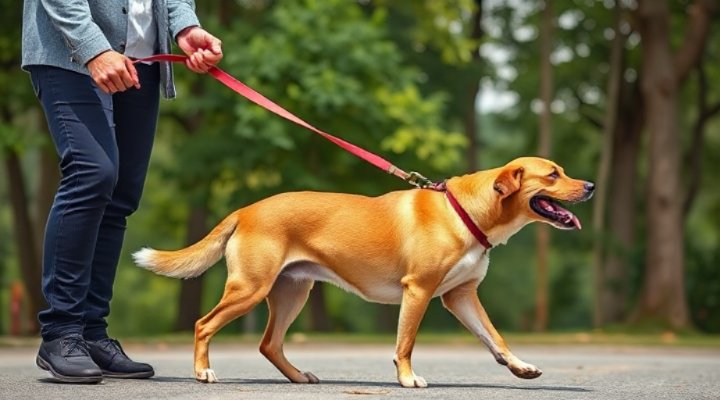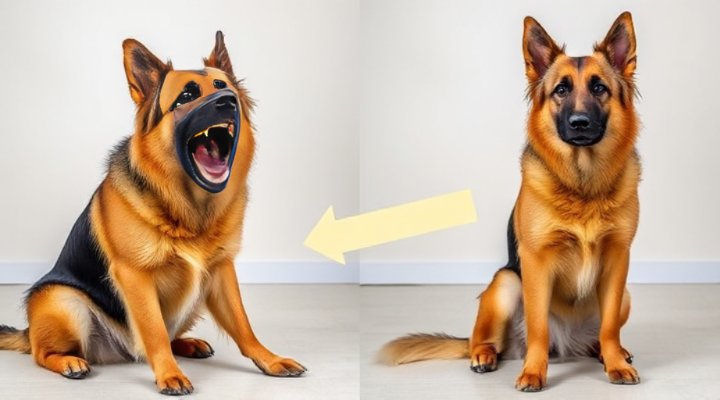When your beloved canine companion starts displaying problematic behaviors, it can be both frustrating and concerning. This is where a dog behaviourist becomes invaluable. These professionals specialize in understanding canine psychology and implementing strategies to modify unwanted behaviors effectively.

What Does a Dog Behaviourist Do?
A dog behaviourist is essentially a canine psychologist. They assess your dog’s behavior, identify the root causes of issues, and develop customized training plans. Unlike basic obedience trainers who focus on commands like ‘sit’ and ‘stay’, behaviorists address more complex problems such as aggression, separation anxiety, or compulsive behaviors.
For example, if your dog shows aggressive tendencies, a behaviourist will analyze the triggers (whether fear-based, territorial, etc.) and create a desensitization program. Similarly, for anxiety issues, they might recommend techniques from our emotional support dog training guide.

Common Behavioral Issues Addressed
1. Aggression Problems
Aggression can manifest in various forms – towards other dogs, strangers, or even family members. A dog behaviourist will first determine whether the aggression stems from fear, dominance, or other factors before implementing solutions.
2. Separation Anxiety
Many dogs struggle when left alone, resulting in destructive behaviors or excessive barking. Behaviorists use gradual desensitization techniques, similar to those in our board and train programs, to help dogs become comfortable with alone time.

Behavior Modification Techniques
Professional dog behaviourists employ several evidence-based methods:
- Positive Reinforcement: Rewarding desired behaviors with treats or praise
- Counter-Conditioning: Changing emotional responses to triggers
- Desensitization: Gradually exposing dogs to stressors at low levels
These techniques align with the brain training methods we recommend for mental stimulation.

When to Consult a Professional
While many minor issues can be addressed through basic training guides, you should consider a dog behaviourist if:
- Your dog’s behavior poses safety risks
- Home training efforts haven’t shown progress after several weeks
- The behavior is worsening despite your interventions

Finding the Right Dog Behaviourist
When searching for a professional, look for:
- Certification from reputable organizations
- Positive reinforcement-based methods
- Good communication skills with both dogs and owners
You might start by checking our guide on finding professional trainers in your area.
Related Keywords
canine behavior specialist | dog psychology expert | aggressive dog training | anxious dog solutions | professional dog trainer | behavior modification for dogs | positive reinforcement training | separation anxiety in dogs | reactive dog training | certified dog behaviourist
